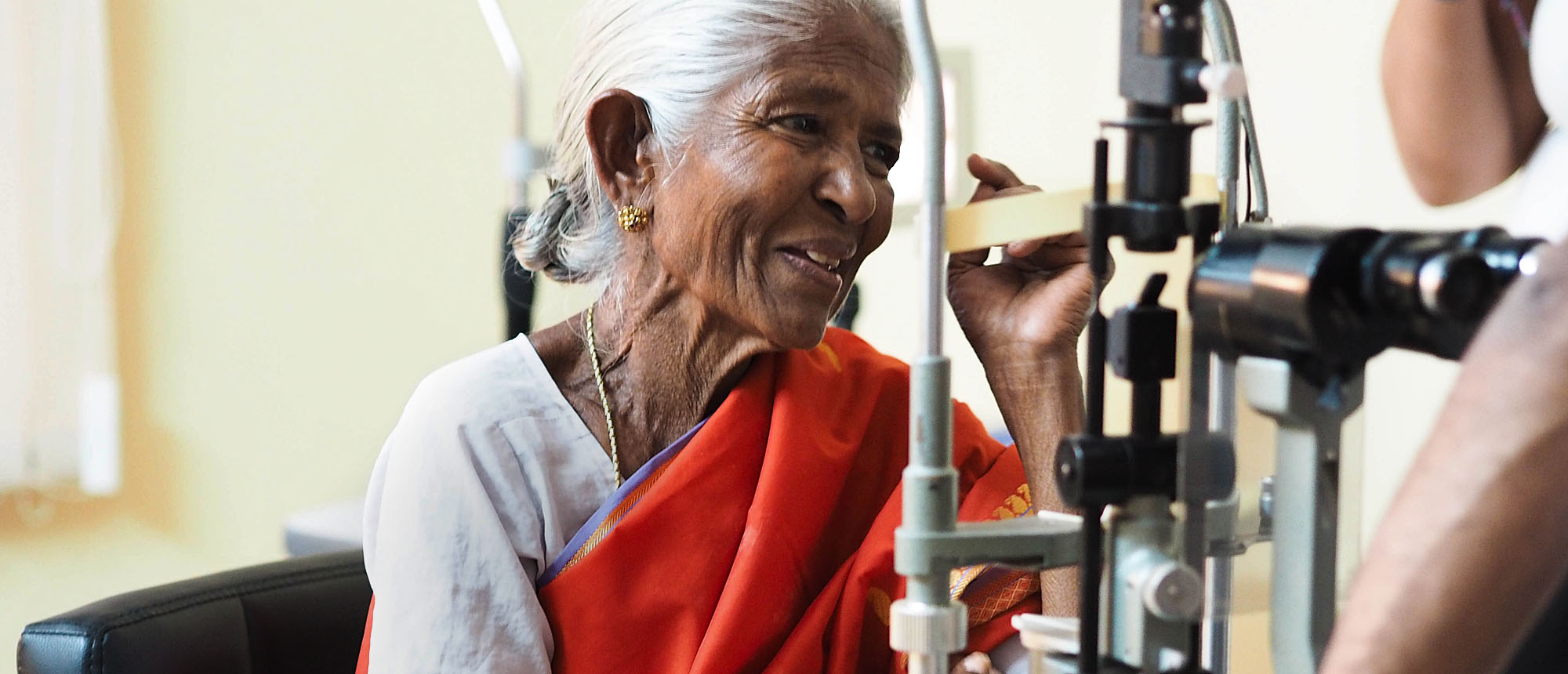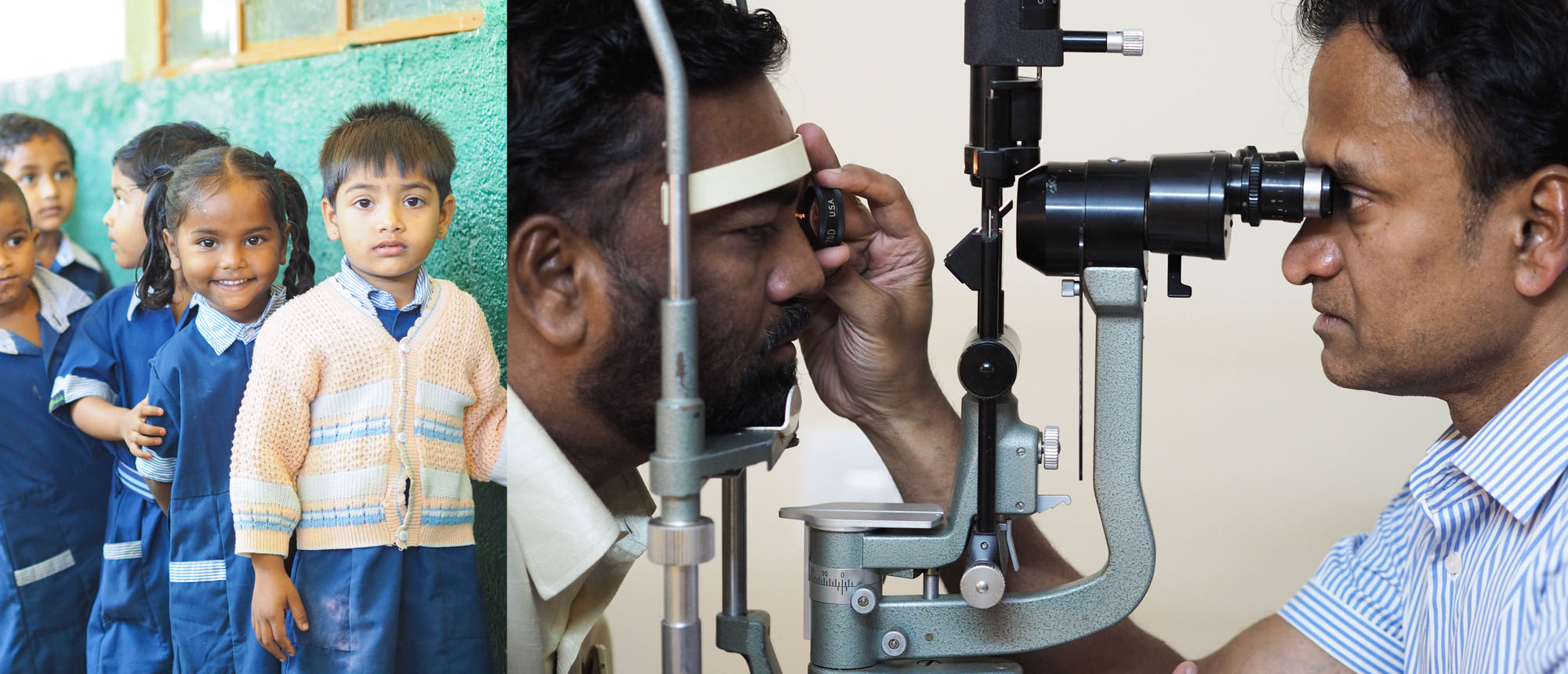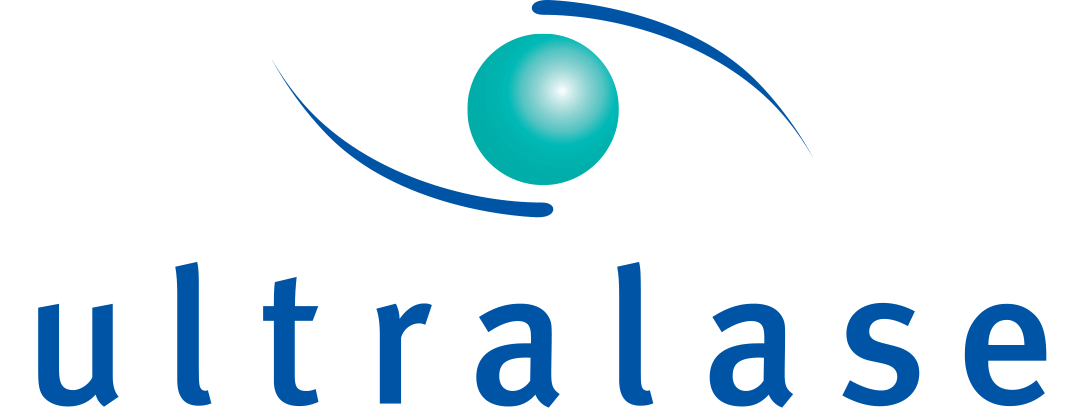Corporate Responsibility

What was the first thing you did when you woke up this morning? Brush your teeth, check your social media, walk the dogs?
It’s amazing how many things come to mind, yet the one thing that gets little appreciation, and what we rely on the most, is our eyesight. It’s very easy to forget how much we appreciate our eyes for allowing us to see the good as well as the bad in this world. But imagine if one day you woke up, opened your eyes and could see nothing. In one blink your life completely changes, and suddenly everything needs altering to suit your new requirements. Perhaps it’s your job, travel, parenting… the little tasks that come so easy are no longer familiar.
2018/19 Initiatives
Thankfully for many of us, particularly in the UK, this is only just a thought. For millions it’s a reality and even if it’s not complete blindness, serious eye conditions and diseases that are preventing people in the world from having the blessing of clear sight. A lot of these conditions are curable and preventable, but resources are limited in places such as India, which has the largest blind population compared to any other country in the world.

Of the 37 million people in the world who are blind, 15 million of those are from India. 75% of these cases are avoidable, but with only approximately 8,000 optometrists in the country, resources are limited as, realistically, around 40,000 would sufficiently cover those that need treatment.
This is what encouraged Ultralase Eye Clinics Ltd and their very own surgeon, Dr Ilango to do their part and make a difference.
“Small acts, when multiplied by millions of people, can transform the world”
Dr Ilango is our leading Medical Director, working with the group since 1996, and has performed:
- over 400 corneal transplant surgeries
- over 30,000 cataract procedures
- over 6,000 Excimer laser refractive surgeries
The team flew over to Bengaluru, India, where Dr Ilango’s very own clinic is located. Locals from the surrounding areas gathered to receive free eye examinations as well as free treatment. We also visited orphanages (for both the young and old), schools, and distant villages (many of which lacked electricity and clean water) to treat those with problems with their eyes.

Across all Ultralase clinics, boxes have been placed in the reception area for patients to dispose of old glasses they no longer need post vision correction treatment. We were fortunate enough to take these along with us to give to those in need of glasses to make to quality of life that bit better, if surgery wasn’t possible. According the research, 153 million people in India need glasses but aren’t able to access them.
This small act of generosity has helped changed so many lives and we thank our Ultralase patients immensely for it.
What more can we do?
